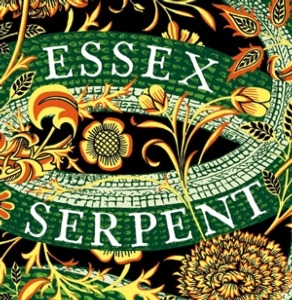Adrienne Rich is a prolific and highly-acclaimed American poet whose latest volume contains poems from 2000 to 2004. Since she began publishing poetry in the 1960s, her enduring concerns have been pacifism, dispossessed groups of people, and the debased use of language. In an essay of 1983, 'Blood, Bread, and Poetry', she described herself as "an American radical, a lesbian feminist, a citizen who opposes her government's wars against its own people and its intervention in other people's lands". She further describes how she gradually rejected the conventional history she had learned at school which dealt with "white mainstream American culture". Later she pieced together "the history that really concerned me, on which I was to rely as a poet, the only history upon which, both as a woman and a poet, I could find any grounding at all: the history of the dispossessed." Adrienne Rich takes her role as a poet seriously and considers that a poet has a duty to alert her readers to important political matters. These are evidently always from a progressive, leftist viewpoint, but presumably she would recognise that a poet with some other convictions would feel equally obliged to present them. It is a common opinion one that I share that politics and art make uneasy bedfellows, but Rich has heard those arguments before and discounts them as "the political declarations of privilege".
The impressive title poem here carries as an epigraph "Beirut. Baghdad. Sarajevo. Bethlehem. Kabul. Not of course here." In its seven short sections she imagines the events of a school day in the "great falling light of summer" in "a street on earth neither heaven nor hell / busy with commerce and worship". But then the bombs fall, and Rich's description is vivid and lyrical. "When the offensive rocks the sky when nightglare /misconstrues day and night " and "when fear vacuums out the streets" the schoolchildren and their teachers stay in the school day and night and sleep in the classrooms. In the later sections of the poem a teacher speaks to his young charges, apparently answering their questions. "I don't know / why they are trying to hurt us," he says, and "I'm not sure what we'll eat / we'll look for healthy roots and greens / searching for water though the pipes are broken". A cat comes along and the teacher suggests they adopt her. "She'll teach us Let's call her / Sister". In the last section of the poem the teacher now speaks after the event: "We sang them to naps wiped human debris off boots and coats / sat learning by heart the names /some were too young to write / some had forgotten how."
She takes the word 'Usonian', first coined by Frank Lloyd Wright to describe his 'prairieinspired' architecture, and adapts it to mean 'of the United States'. In her 'Usonian Journals 2000', set out as prose entries in a diary, she explores a feeling of alienation. "A country I was born and lived in undergoes rapid and flagrant change. I return here as a stranger. In fact I've lived here all along." She lunches with an academic colleague recently back from Britain; they leave the "dark publike restaurant" only to witness the fringes of some sort of public disturbance with gunfire. While her colleague runs toward the police, she runs away from them and reflects, "This is what I mean though: how differently we move now, rapidly deciding what is and isn't ours."
The alienation extends to language and she laments the passing of stimulating, idealaden conversation, now replaced by "this newer conversation: I am here and talking, talking, here and talking " She then gives some excruciating examples of modern talk the chatter of the young, an irate neighbour yelling into his mobile about his marital problems, and the onesided phone conversation heard in a restaurant as another diner makes a business call on his mobile. "Private urgencies made public not collective, speaker within a bubble." Some of her nostalgia sounds like the dissatisfaction of older generations with clueless youth, but she is voicing another useful attribute of poetry: a Reuters dispatch from the individual sensibility at a given moment.
You know what to expect of Adrienne Rich's poetry. Her way of avoiding the pitfalls of public poetry is always to anchor it in personal experience. Everywhere in her poems there is a poet's voice recounting real experience.
The School among the Ruins is available from Amazon (UK)

